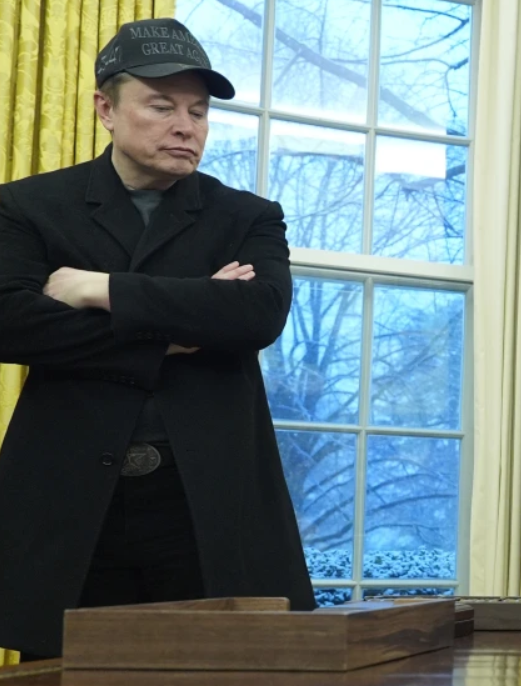
In a significant legal victory for the Trump administration and Elon Musk, a federal judge has denied a Democrat-led effort to temporarily block the Department of Government Efficiency (DOGE) from accessing federal data. U.S. District Judge Tanya Chutkan ruled on Tuesday that plaintiffs failed to prove DOGE’s actions would cause “imminent harm,” the legal standard required for a temporary restraining order (TRO).
The decision is a blow to a coalition of 14 Democratic state attorneys general who sued last week to restrict DOGE’s operations. Led by New Mexico Attorney General Raul Torrez, the plaintiffs argued that DOGE’s unchecked authority under Elon Musk—a private citizen—represents an “unlawful delegation of executive power.” They claimed DOGE’s actions could lead to “widespread disruption” for federal employees and contractors, including potential privacy breaches, layoffs, and retaliation.
The Judge’s Ruling
Judge Chutkan, an Obama appointee, acknowledged the plaintiffs’ concerns but emphasized that fears and speculation aren’t enough to justify a restraining order. “The current record does not meet the standard of clear evidence of imminent, irreparable harm,” she stated.
During Monday’s hearing, Chutkan expressed sympathy for some of the plaintiffs’ arguments, calling DOGE’s actions “serious and troubling.” However, she maintained that a TRO requires concrete evidence of harm, not just generalized fear. “You’re talking about a generalized fear,” she said. “I’m not seeing it so far.”
What Is DOGE?
DOGE, created by executive order earlier this year, is a temporary agency tasked with optimizing federal operations, slashing waste, and reducing costs. Elon Musk, who leads the agency, has wasted no time in pursuing its ambitious goals. Over the past month, DOGE has cut billions from agency budgets, fired federal employees, and even moved to “delete” entire agencies, according to plaintiffs.
Supporters argue that DOGE is fulfilling one of President Trump’s key campaign promises: reducing government bloat and inefficiency. Critics, however, see it as an overreach of executive power, with Musk wielding unprecedented authority as a private citizen.
Legal Challenges Mount
This ruling is the latest in a series of legal battles over DOGE’s operations. Last week, U.S. District Judge John Bates, a George W. Bush appointee, rejected a similar request to block DOGE from accessing records of three government agencies. Bates wrote that plaintiffs “have not shown a substantial likelihood that DOGE is not an agency.”
Despite these setbacks, plaintiffs remain determined to challenge DOGE’s authority. They argue that the agency violates the Constitution’s appointments clause, which requires high-level government officials to be nominated by the president and confirmed by the Senate. “Trump does not have the constitutional authority to unilaterally dismantle the government,” the attorneys general stated. “Nor could he delegate such expansive authority to an unelected, unconfirmed individual.”
What’s Next?
For now, DOGE can continue its work unimpeded. But the legal battles are far from over. Plaintiffs will need to provide concrete evidence of harm to succeed in future challenges, a high bar that has so far proven difficult to meet.
As the fight over government efficiency and executive power continues, one thing is clear: DOGE’s actions have sparked a fierce debate about the balance of power, the role of private citizens in government, and the future of federal operations.
What do you think about this ruling? Is DOGE a necessary step toward cutting government waste, or does it represent an overreach of executive power? Share your thoughts in the comments below.
Stay tuned for more updates on this developing story.
